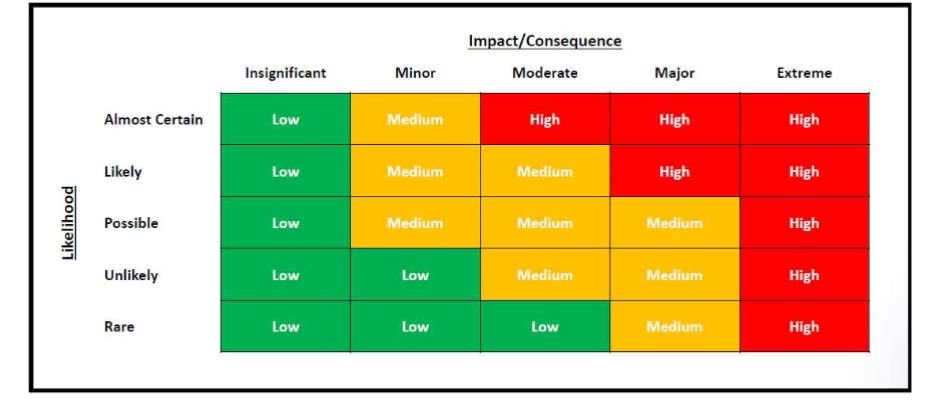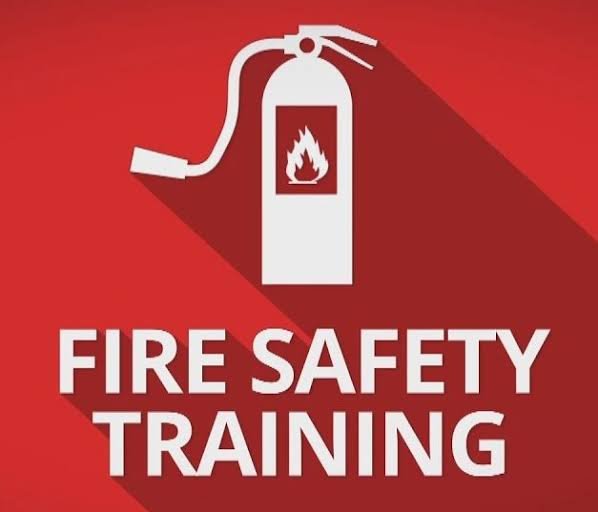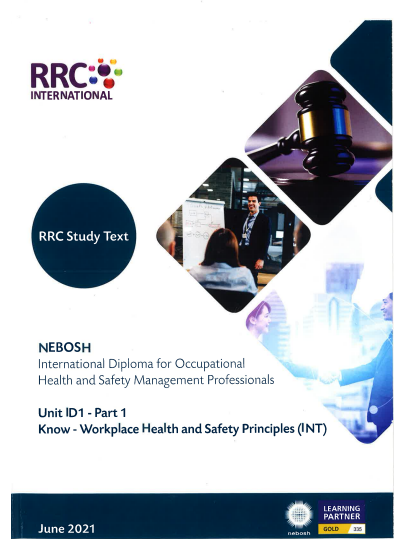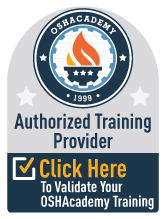Introduction
Risk assessment is an essential process in various industries, including construction, healthcare, finance, and cybersecurity. Understanding how to calculate risk helps organizations make informed decisions, mitigate potential threats, and ensure safety. This blog provides a detailed guide on how to assess and calculate risk effectively.
What is Risk?
Risk is the probability of an event occurring that could cause harm, damage, or loss. It is typically represented by the formula:
Risk = Probability × Impact
Where:
- Probability is the likelihood of an event happening.
- Impact is the severity of the consequences if the event occurs.

Step-by-Step Guide to Calculating Risk
Step 1: Identify Hazards or Threats
The first step in risk assessment is identifying potential hazards or threats. This can include:
- Physical hazards (e.g., fire, equipment failure)
- Health risks (e.g., exposure to harmful substances)
- Financial risks (e.g., market fluctuations, investment losses)
- Cybersecurity threats (e.g., data breaches, malware attacks)
Step 2: Determine the Probability of Occurrence
Assess how likely the identified risks are to occur. You can categorize probability into different levels:
- Very Low (1/5) – Rare event, unlikely to happen.
- Low (2/5) – Unlikely but possible.
- Medium (3/5) – Can occur occasionally.
- High (4/5) – Likely to happen.
- Very High (5/5) – Almost certain to happen.
Step 3: Assess the Impact or Severity
Evaluate the potential impact if the risk occurs. This can be classified as:
- Negligible (1/5) – Minimal impact, easily managed.
- Minor (2/5) – Some inconvenience, minor consequences.
- Moderate (3/5) – Noticeable disruption, moderate financial loss.
- Severe (4/5) – Major impact, significant loss or injury.
- Catastrophic (5/5) – Extreme consequences, potential loss of life.
Step 4: Calculate the Risk Level
Use the risk formula:
Risk Score = Probability × Impact
For example:
- If a fire hazard has a probability rating of 4 (likely) and an impact rating of 5 (catastrophic), the risk score is:4 × 5 = 20 (High Risk)
Step 5: Prioritize Risks
Based on the risk score, prioritize risks as:
- Low Risk (1-5): Minimal action required.
- Medium Risk (6-10): Monitoring and preventive measures needed.
- High Risk (11-15): Immediate corrective actions required.
- Critical Risk (16-25): Urgent intervention necessary.
Step 6: Implement Risk Mitigation Measures
Once risks are identified and ranked, implement mitigation strategies such as:
- Elimination: Removing the hazard entirely.
- Substitution: Replacing hazardous processes with safer alternatives.
- Engineering Controls: Implementing safety measures (e.g., fire suppression systems).
- Administrative Controls: Training, policies, and procedures.
- Personal Protective Equipment (PPE): Safety gear for protection.
Step 7: Monitor and Review
Risk assessment is an ongoing process. Regularly review and update risk evaluations based on:
- New hazards or threats.
- Changes in business operations.
- Past incidents and lessons learned.
Conclusion
Calculating risk effectively helps organizations make proactive decisions to prevent disasters, ensure safety, and minimize financial losses. By following a structured approach to risk assessment, businesses can mitigate potential threats and improve overall resilience.
Stay safe and stay prepared!





This Post Has 10 Comments
Hello friends, good article and pleasant arguments commented
here, I am genuinely enjoying by these.
Have a look at my page; mexquick real opportunities
certainly like your web site but you need to take a look
at the spelling on several of your posts. Several
of them are rife with spelling issues and I find mexquick safety features that prove it is not a scam very bothersome to inform the reality on the other hand I
will surely come back again.
Hi it’s me, I am also visiting this site regularly, this web page is genuinely good and
the users are in fact sharing nice thoughts.
Take a look at my website – mexquick secure transactions
When someone writes an article he/she keeps the plan of a user in his/her mind that how a user
can understand it. Therefore that’s why this post is amazing.
Thanks!
Feel free to surf to my homepage – mexquick trading advantages for new investors
I was suggested this website by my cousin. I’m not sure whether this post is written by
him as no one else know such detailed about my problem. You are incredible!
Thanks!
Look at my webpage; mexquick positive insight review
Hi there to all, the contents existing at this web site are truly awesome for people
experience, well, keep up the nice work fellows.
Feel free to surf to my web-site: mexquick safety features that prove it is not a scam
I have been browsing online more than 2 hours today, yet I never found any interesting article
like yours. It is mexquick really legit for beginners
pretty worth enough for me. In my opinion, if all webmasters
and bloggers made good content as you did, the internet will be a lot more useful than ever before.
I like looking through an article that will make people think.
Also, thanks for allowing for me to comment!
Also visit my web site; mexquick real user testimonials and success stories
Greetings I am so delighted I found your blog page, I really found you by mistake, while I was browsing on Askjeeve for something else, Anyhow I am here now and would
just like to say kudos for a incredible post and a all round
enjoyable blog (I also love the theme/design), I don’t have time
to read it all at the moment but I have book-marked it and
also added your RSS feeds, so when I have time I will
be back to read a great deal more, Please do keep up the excellent jo.
Feel free to surf to my web blog: mexquick reliable service
No matter if some one searches for his essential thing, thus he/she needs how to confirm mexquick is real and trusted be available
that in detail, thus that thing is maintained over here.